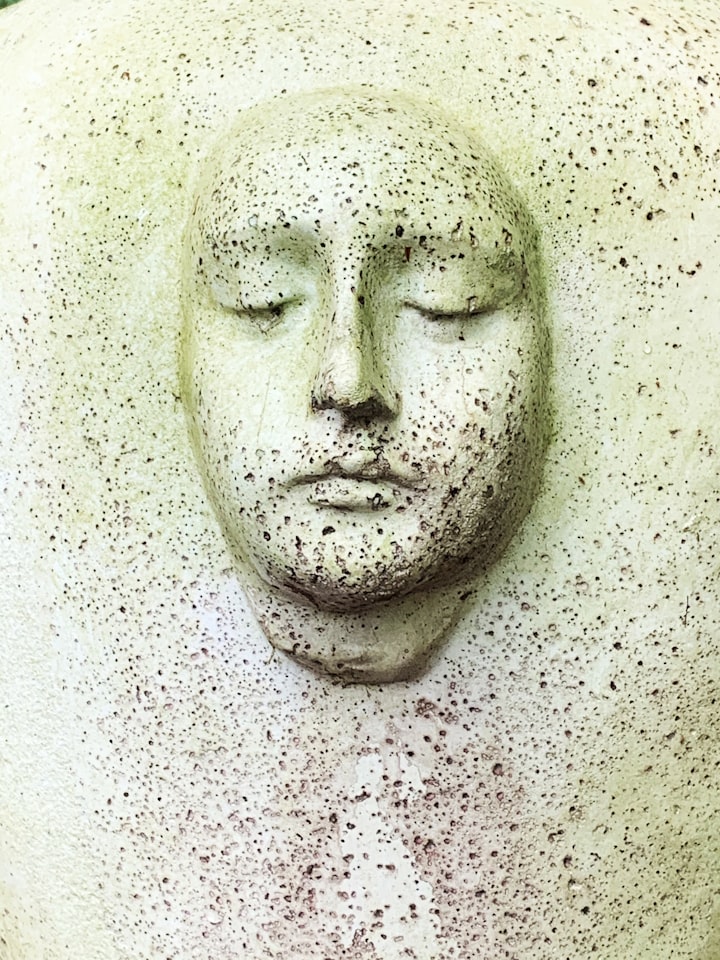Healing Trauma
Supporting Women on Their Journey to Recovery and Resilience After Life-Altering Accidents
Trauma is a complex and deeply impactful experience that can leave lasting scars on an individual's mental, emotional, and physical well-being. While trauma can be caused by various events, including abuse, unexpected accidents that result in life-altering consequences can be particularly traumatic. In this article, we will explore the significance of trauma, with a specific focus on women who have experienced life-altering accidents, and discuss ways to support their journey to recovery and resilience.
Understanding Trauma and its Effects
Trauma is a deeply distressing event that overwhelms an individual's ability to cope and leaves them feeling helpless and vulnerable. It disrupts the sense of safety and security that is crucial for overall well-being. Traumatic experiences can have profound effects on various aspects of a person's life, including their mental health, relationships, and overall quality of life.

For women who have experienced life-altering accidents, trauma can manifest in various ways. The physical injuries sustained in such accidents can be debilitating and may require extensive medical interventions, surgeries, or rehabilitation. These physical changes can lead to challenges in mobility, chronic pain, or the need for assistive devices, impacting their daily lives and independence. The emotional toll of the accident, along with the necessary adjustments to their lifestyle and self-image, can contribute to significant psychological distress and trauma.
The Impact on Women's Mental Health
Trauma can have a significant impact on women's mental health, especially after life-altering accidents. Many women who have experienced such trauma may develop conditions like post-traumatic stress disorder (PTSD), depression, anxiety, or adjustment disorders. The emotional upheaval resulting from the accident, coupled with the challenges of adapting to a new reality, can exacerbate these mental health struggles. It is crucial to provide a safe and supportive environment for women to express their feelings and seek professional help when needed.

Supporting Recovery and Resilience
Supporting women on their journey to recovery and resilience after life-altering accidents requires a comprehensive approach that addresses their physical, emotional, and psychological needs. Here are some strategies and approaches that can aid in supporting their healing process:
Physical Rehabilitation and Medical Support: Ensure that women have access to high-quality medical care, rehabilitation services, and ongoing support from healthcare professionals. Collaborate with healthcare providers to develop personalized treatment plans that address their specific physical needs, manage pain, and optimize functional recovery.

Emotional Support and Counseling: Encourage women to seek professional counseling or therapy to address the emotional and psychological impact of the accident. Trauma-focused therapies, such as cognitive-behavioral therapy (CBT) or eye movement desensitization and reprocessing (EMDR), can be effective in helping them process their trauma, manage distressing symptoms, and develop coping mechanisms. Support groups or peer counseling programs can also provide a sense of understanding and community for women who have shared similar experiences.
Building a Supportive Network: Help women establish a strong support system of family, friends, and community resources. Encourage them to reach out to loved ones for emotional support and practical assistance. Connecting with other individuals who have experienced life-altering accidents can be particularly helpful, as they can provide empathy, insights, and practical advice.

Encouraging Self-Care and Adaptive Strategies: Empower women to prioritize self-care activities that promote physical and emotional well-being. This may include engaging in gentle exercise, practicing relaxation techniques, maintaining a balanced diet, and seeking out activities that bring joy and fulfillment. Encourage them to explore adaptive strategies, assistive technologies, or modifications to their environment that can enhance their independence and quality of life.
Fostering Resilience and Future Goals: Support women in cultivating resilience by focusing on their strengths and helping them set achievable goals. Assist them in identifying new sources of purpose and meaning in their lives. Encourage them to pursue interests, hobbies, or vocational opportunities that align with their capabilities and passions, promoting a sense of empowerment and renewed purpose.

It is important to approach each woman's healing journey with empathy, compassion, and understanding. Recovery from a life-altering accident is a deeply personal process, and it is crucial to provide support that recognizes their unique needs and circumstances.
Conclusion
Trauma resulting from life-altering accidents can have a profound impact on women's lives, affecting their physical, emotional, and psychological well-being. Supporting their journey to recovery and resilience requires a comprehensive and compassionate approach. By addressing their physical rehabilitation, providing emotional support, building a strong support network, promoting self-care and adaptive strategies, and fostering resilience and future goals, we can help women heal and rebuild their lives. Remember, each woman's healing journey is unique, and it is important to respect their individuality and provide support tailored to their specific needs.
Citations:
American Psychological Association (APA). (n.d.). Trauma. Retrieved from https://www.apa.org/topics/trauma
Substance Abuse and Mental Health Services Administration (SAMHSA). (2021). Mental Health and Trauma. Retrieved from https://www.samhsa.gov/trauma-violence
National Institute of Mental Health (NIMH). (2022). Post-Traumatic Stress Disorder. Retrieved from https://www.nimh.nih.gov/health/topics/post-traumatic-stress-disorder-ptsd
National Institute on Disability, Independent Living, and Rehabilitation Research (NIDILRR). (2017). Living with a Disability After Injury. Retrieved from https://www.nidilrr.org/research/research-to-practice/briefs/model-system-briefs/living-disability-after-injury
About the Creator
Be Well & Fit
Transforming adversity into inspiration by sharing my remarkable journey of reclaiming health after a life-altering accident. Empowering others with compassion through my articles, in the hope to ignite wellbeing together.







Comments
There are no comments for this story
Be the first to respond and start the conversation.